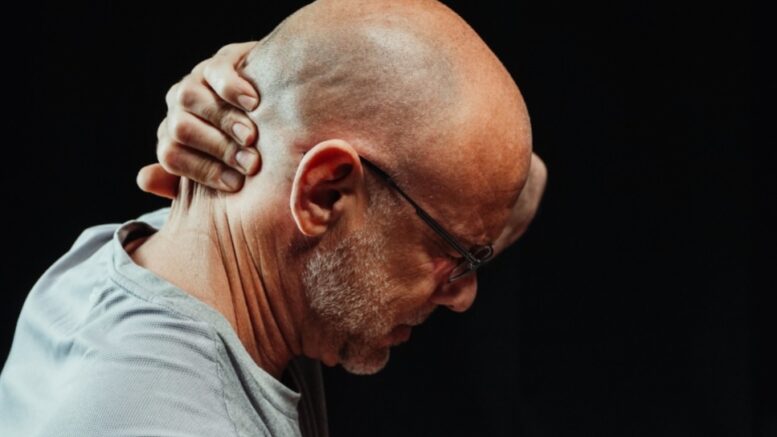Anoxic brain injury is caused by a lack of oxygen to the brain. When this happens, brain cells are damaged or die. It can happen suddenly, such as during a heart attack or stroke, or over time, like in cases of chronic obstructive pulmonary disease (COPD). Below are the main causes of anoxic brain injuries.
Drowning
Anoxia is the lack of oxygen in the brain. This can cause brain damage and lead to permanent disability or death if not treated quickly. Anoxic brain injuries occur when there is a loss of oxygen to the brain for more than 10 minutes. Lack of oxygen to the brain can be caused by any event that stops blood flow to the brain, such as drowning, strangulation, or suffocation.
Backyard swimming pools are common locations for anoxic brain injuries because they attract kids and have no safety measures in place. Children will often find their way into a pool and accidentally drown or become trapped underwater while they are playing around on the surface of the pool.
Cardiac Arrest
When your heart stops beating, and you don’t get oxygen. The most common cause of cardiac arrest is arrhythmia (abnormal heartbeat). Other causes include cardiac arrest due to heart failure or an abnormal heart valve.
Stroke
When blood flow to part of your brain stops because of a clot or bleeding. A stroke can cause paralysis on one side of your body and problems seeing, speaking, and understanding speech.
Chronic Obstructive Pulmonary Disease (COPD)
This is a condition that makes it hard to breathe because you have too much mucus in your airways or your lungs are damaged from smoking cigarettes for many years.
What are the Signs of Anoxic Brain Injury?
Anoxic brain injury can affect people in different ways and at different times after they’ve suffered from cardiac arrest or other causes of low blood flow to the heart muscle.
The signs of anoxic brain injury vary depending on the amount of time that has passed between the initial injury and when medical attention is sought. The longer someone goes without getting help for an anoxic brain injury, the more severe the symptoms will be.
- Nausea or vomiting
- Difficulty breathing or rapid breathing (tachypnea)
- Convulsions or seizures
- Headache, dizziness, or confusion (delirium)
Liability Claims
Under New York law, a property owner is liable to keep his property in good shape to avoid accidents like anoxic brain injury due to drowning. If the property owner fails in this duty of care, he may be held liable for injuries caused by defective premises.
Injured victims can collect compensation for their medical expenses, lost wages (if they missed work), pain and suffering, and other costs associated with their injuries from the party responsible for causing the accident. However, there are exemptions to this; if an adult was trespassing, then he will not be compensated, unlike a child that suffers injury due to a defective swimming pool.
While the vast majority of anoxic brain injuries are not fatal, they can still be a serious threat. If you or your child suffers from an anoxic brain injury due to the negligence of another party, you should reach out to a personal injury attorney for assistance.
